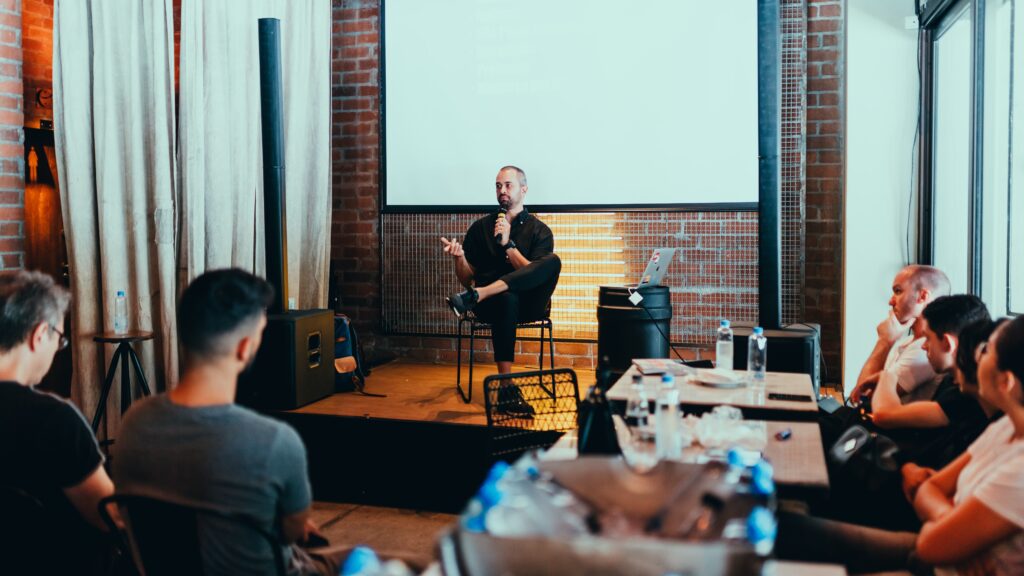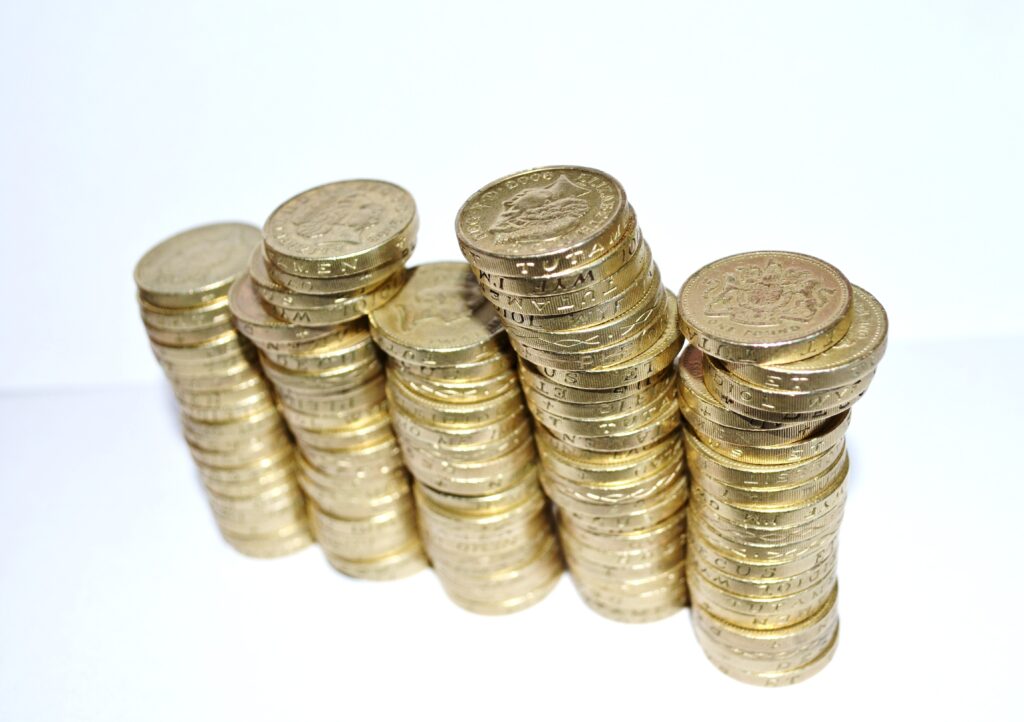


Culture and heritage was the focus of the economic recovery discussion panel last week hosted by the Edinburgh Chamber of Commerce. With the panel representing a broad spectrum of the Sector including Colin Marr Director Edinburgh Playhouse, Julia Amour Director Edinburgh Festivals, Benny Higgins Chair National Galleries of Scotland and Janet Archer Director of Festival, Cultural & City Events University of Edinburgh. The discussion was chaired by Liz McAreavey Chief Executive of the Chamber of Commerce.
It was a very interesting session with lots of great points discussed about both how the culture and heritage sector are looking to manage the year ahead and how it can contribute to the economic recovery of the city as a wellbeing economy.
It’s at discussions like this that the Society can learn about what other culture and heritage organisations are doing and what challenges they are facing. Pooling knowledge and working towards common goals helps organisations achieve more and contribute to our communities in a more thoughtful and successful manner.

One thought provoking point raised was that during this crisis organisations have sometimes struggled with the question, what is our purpose? Overtime organisations can loose sight of that purpose, as they grow and change, or communities change and that original purpose may no longer be relevant or appealing to communities. During this last year some organisations have had to stop and think about what their purpose is, others have had to completely rethink how they deliver that purpose in new ways.

Other interesting points talked about included event planning and capacity. Festivals and outdoor events can no longer assume streets/pavements are unlimited capacity spaces, at future festivals one way pavements might be in force. How would a track and trace system work for an outdoor event with no designated seating or ticketing?
Covid restrictions might be here to stay in some form for a significant time and will no doubt have an impact on the culture and heritage experiences in the city for years to come. The SS Explorer is in a good position that we can design how we will manage these into the final SS Explorer experience as well as learning from the experiences of others.

The overall discussion was positive and informative with lots said about the economic recovery of Edinburgh being focused on a wellbeing economy and how the rich culture and heritage sector of the city can be involved.
A wellbeing economy is one that is based on human and ecological well being being the driving economic forces instead of profit. It is a reasonably new idea and Scotland was one of the founding countries of the Wellbeing Economy Governments group.
A recent report on the economic impact of covid in the UK ranked Edinburgh as the second least impacted city in the UK, while that is good news the citys economy still shrunk by 7%. The significant financial sector is largely responsible for this ranking, however that figure hides the damage done in the hospitality, entertainment, culture and heritage sectors.
Unfortunately the report indicates Edinburgh’s economy will be one of the slowest to recover.
However, in the last year the amount of innovation in how businesses operate and how services are delivered has been staggering. Perhaps this continued innovation will mean the City’s economic recovery will be better than predicted.

With 40 people in attendance there was a chance for a bit of networking and raising the profile of the Society before the panel started. More now than ever it’s important to make sure that the Society remains visible and we continue to promote the Society whenever and wherever possible.
© SS Explorer Preservation Society 2021
Powered by red wine and chips
